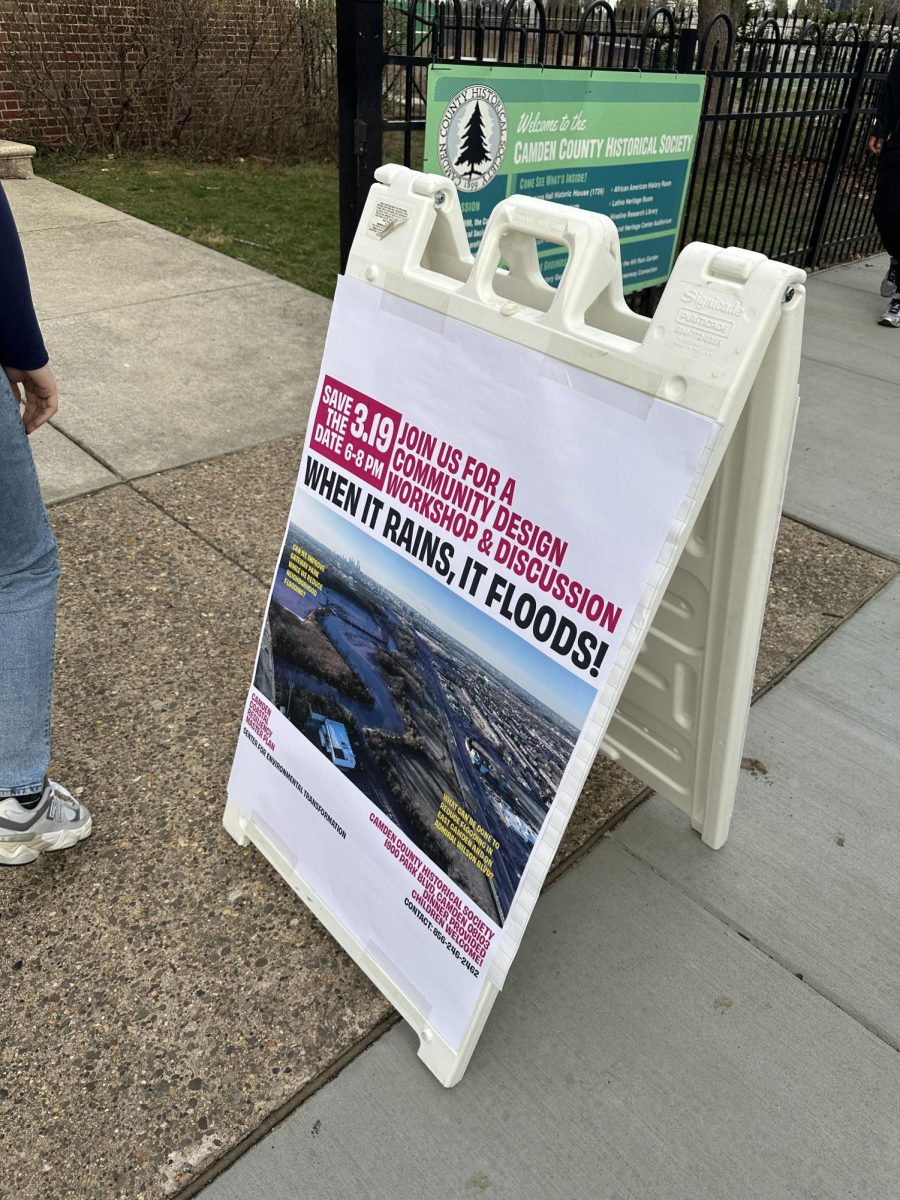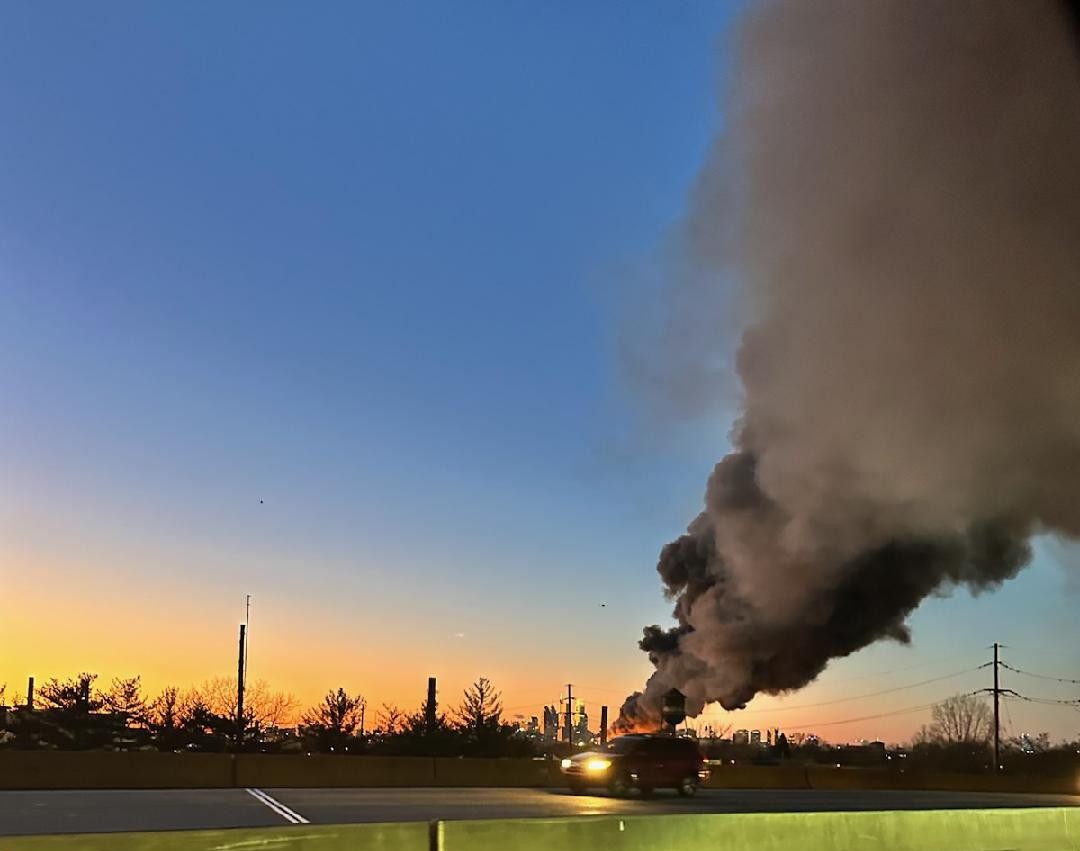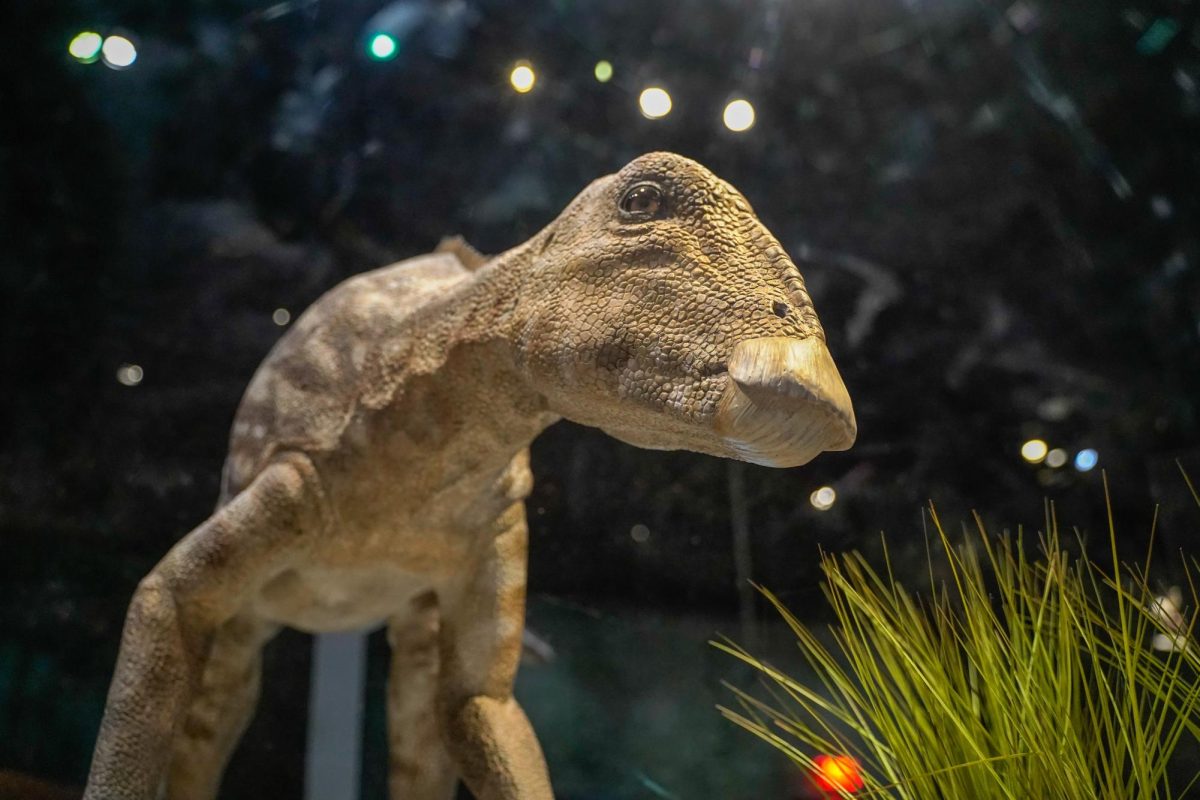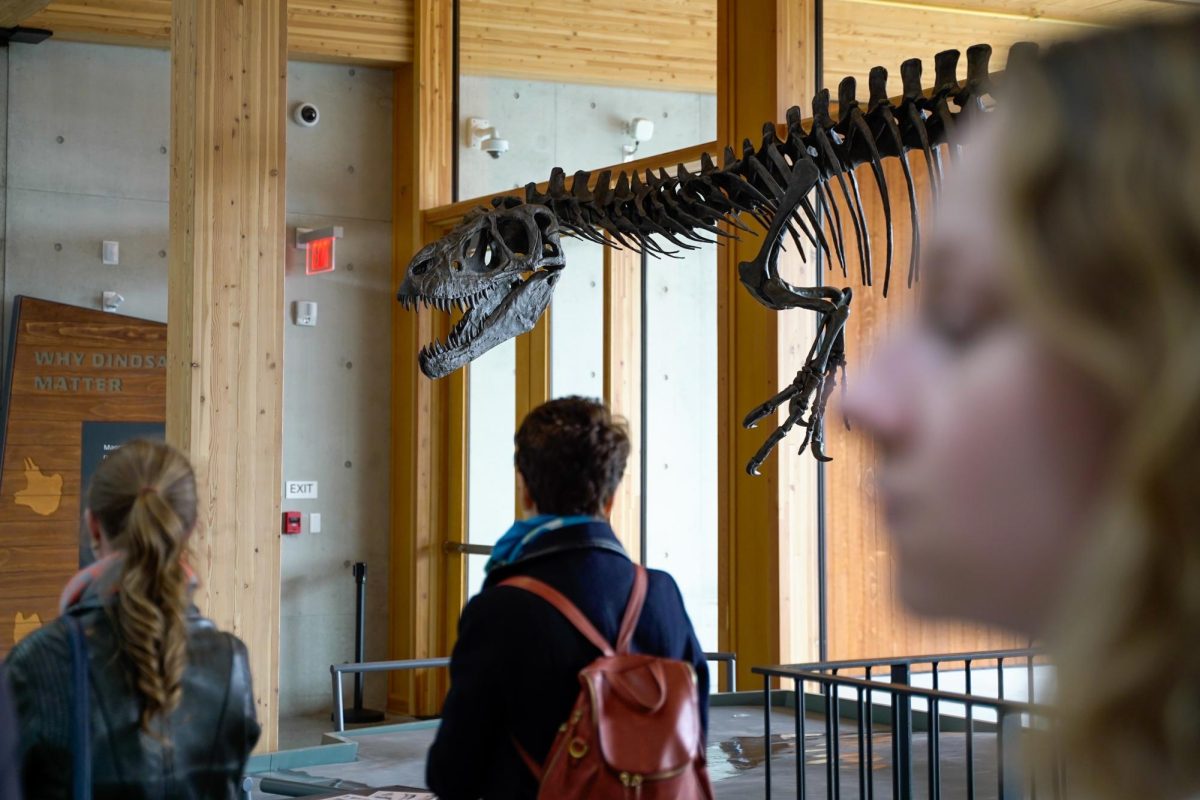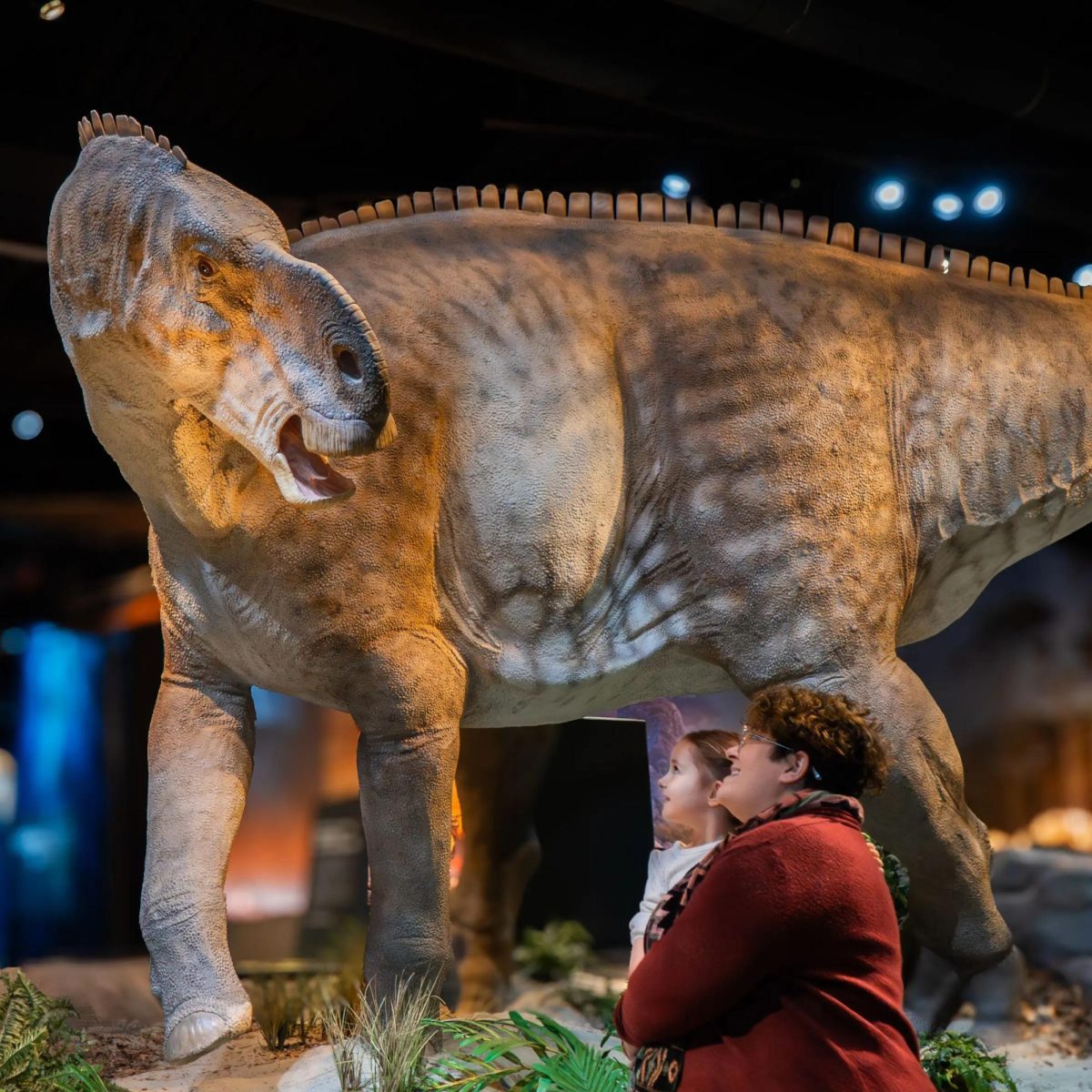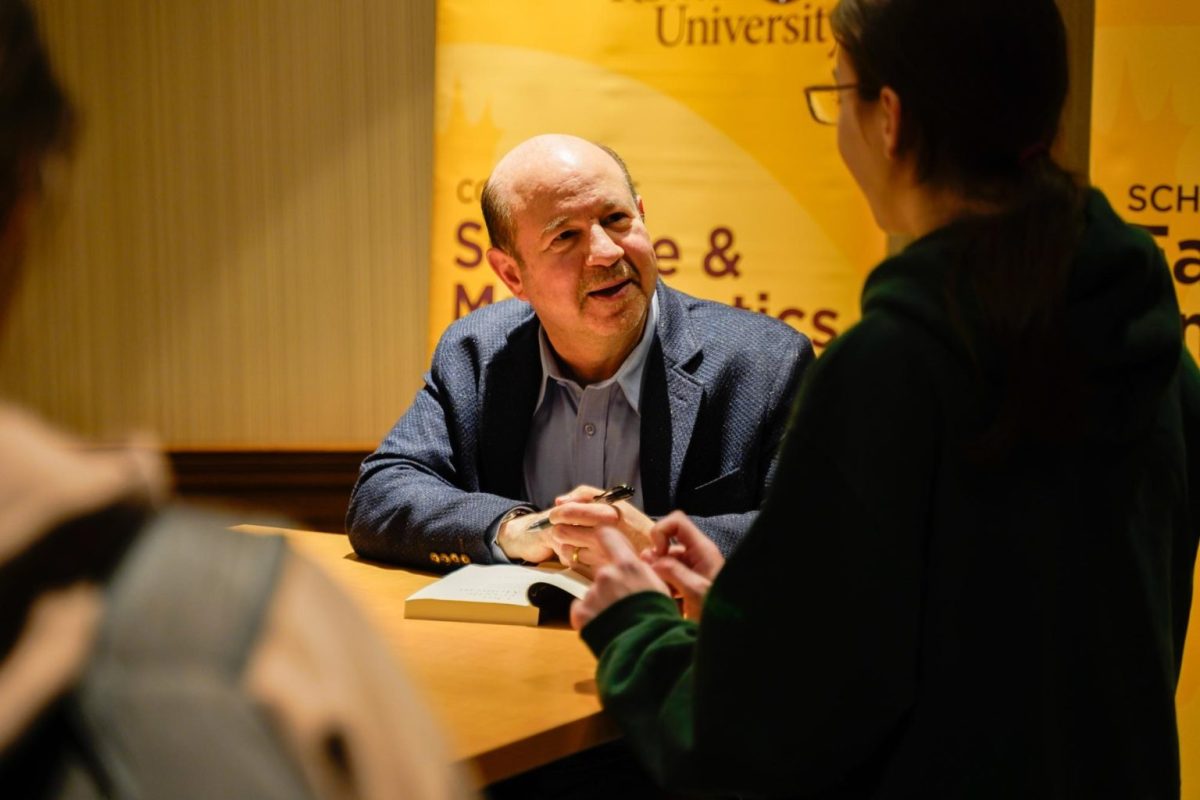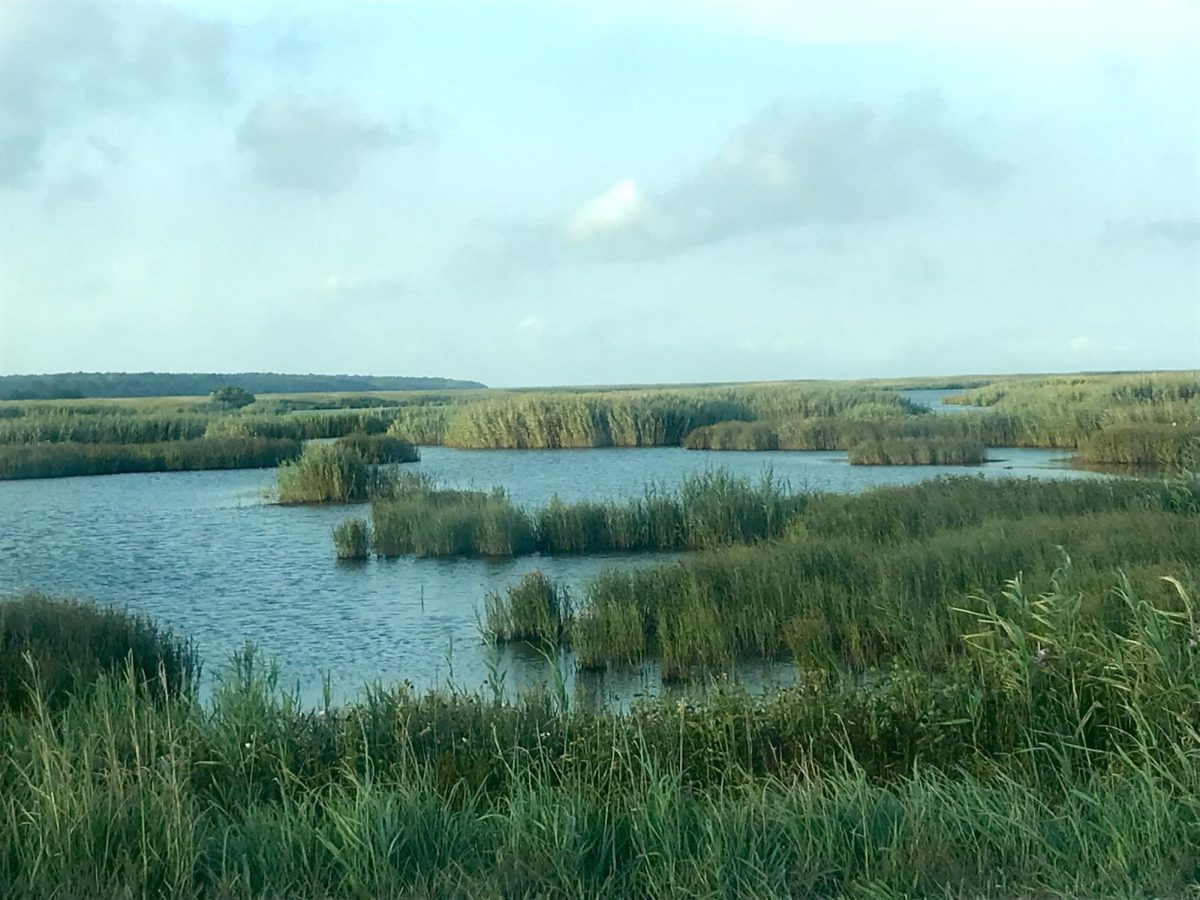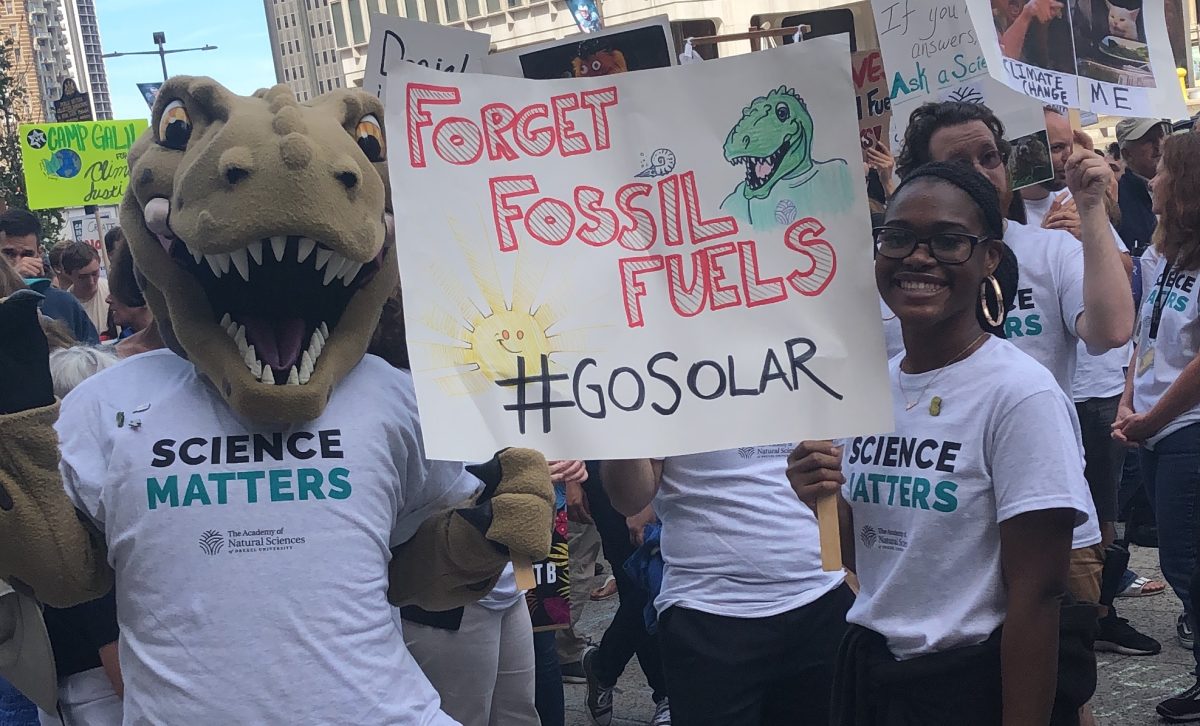South Jersey Climate News is pleased to announce the winners of its High School Climate Change Writing Contest. Juniors at Timber Creek Regional High School in Erial, N.J., participated in the contest. Students submitted essays and articles about climate change in the region. The first-place winner was Musfira Jamil, the second-place winner was Valentino Genoese, and third-place finisher was Alannah Richards. Their articles appear below.
Humans did cause climate change, so are health problems karma?
By Musfira Jamil
Every year there are about 874,613 deaths due to cardiovascular diseases, according to 2022 data. Two of the main factors for heart problems are age and family history. Although these are true, not many people know that these health problems are also linked to climate change.
Climate change plays a great role with cardiovascular health. Exposure to poor air quality because of pollution or extreme heat escalates the risk of cardiovascular diseases like heart attack and stroke, especially in people already at risk for these conditions. Some you can recover from, while some are fatal.
Climate change has been increasing and increasing over the past years at the fastest rate ever recorded in history. According to the Climate.gov NOAA’s 2021 Annual Climate Report: “Combined land and ocean temperature has increased at an average rate of 0.14 degrees Fahrenheit…per decade since 1880; however, the average rate of increase since 1981 has been more than twice as fast: 0.32 °F per decade.”
There’s 8 billion people in this world so there isn’t one person to blame, because more than half of the population is the reason climate change even exists. Although there are more people worried about it now, they should’ve taken care of it before.
Because of past actions, the new generations are having to face the results, nonetheless, it’s not like all people in the current generations are making it better. It is getting worse. Some of the important locations are India, Kenya, Madagascar, and most of Africa because it’s the most affected continent out of the seven.
According to NASA’s global warming website, human-caused climate change has been happening since the 19th century. Why is this all even happening?
The main reason is human activities and some of them include burning of fossil fuels, oil, gas, and coal. This causes the greenhouse gasses trapping heat in the atmosphere which then leads to global warming. Some of the main effects are sea level rise, more flooding, increase in temperatures, increase in droughts, melting of glaciers, increase in health risks, and more living things becoming endangered.
According to the Pew Research Center, younger generations are more likely than older Americans to favor proposals to shift U.S. energy reliance away from fossil fuels or even eliminate fossil fuels entirely. Some people think it can definitely be slowed down by cutting the amount of greenhouse gasses we add to the atmosphere.
Dr. Gaurab Basu, is an instructor in medicine from Cambridge Health Alliance in Massachusetts who said, “Our goal is to reduce carbon emissions by 50% by 2030, and end all carbon emissions by 2050. Carbon emissions stay in our atmosphere for hundreds of years. So we need to stop adding to it now. We won’t be able to stop all the impacts of climate change but we are living in a time in which we have great solutions and we need to push with all our might to get rid of fossil fuels in all of society. We need to make sure we also do this around the world and help countries that are poorer to incorporate clean infrastructure.”
The most common cardiovascular disease in New Jersey is coronary artery disease.
“I have a significant number of patients with cardiovascular disease,” said Basu. “A lot of my work in primary care is to manage cholesterol levels, diabetes, blood pressure so I can prevent cardiovascular disease. But every day I see patients with cardiovascular disease.”
As a doctor, he is aware of the connection between human health and climate change. He also said, “We don’t talk enough about how air pollution is bad for your heart. Severe heat also – so we need to educate people about staying cool during very hot days if they have heart disease, [and] also how we can cut down air pollution so people don’t get sick from breathing dirty air.”
Perhaps, the more people that become aware of this topic the faster climate change can be slowed down.
There are plenty of ways on how you can help slow down global warming. Some are respecting and protecting the natural environment, cutting down on fossil fuels aid, and joining social movements and campaigns that do environmental related activities.
If they sound too complicated then some easy steps that almost everyone can take are to save energy at home, throw away less food, reduce, reuse, repair, recycle, consider walking instead of driving if possible, plant a tree, and store food in reusable bags.
You don’t have to spend too much money or time to help, little steps can make a big difference too.
–
Corporations can make a big difference in New Jersey climate
By Valentino Genoese
A huge perpetrator of climate change is carbon dioxide in the atmosphere, which is a greenhouse gas causing the overall temperature to increase. This warming can cause all sorts of problems such as sea level rise from polar ice caps melting, and coral bleaching from warm water.

Large corporations can either contribute or reduce carbon dioxide.
As of 2022, the largest corporation in New Jersey is Johnson & Johnson with over 134,000 employees, according to Zippia.com. Johnson & Johnson is a large contributor to atmospheric carbon dioxide, producing over 265,000 metric tons of carbon dioxide in just 2021 alone, according to statistia.com.
However, the company is making an attempt to reduce its emissions. Johnson & Johnson has pledged to source 100% of its electricity from renewable sources. The company is also attempting to achieve carbon neutrality by 2023. Carbon neutrality means zero carbon emissions.
They claim that their goals have been evaluated by the Science Based Targets initiative, and list numerous ways to achieve their goals.
Some methods they will use to achieve their goals are sourcing renewable heat, sourcing renewable electricity, and to advance energy and process efficiency.
If corporations never emitted as much carbon as they do, and have been doing, the amount of carbon in the atmosphere would be significantly reduced. This is proved because the largest 100 companies are responsible for an estimated 71% of greenhouse gas emissions, according to activesustainability.com.
–
The effects of climate change on mental health
By Alannah Richards
At this present time it is very easy for people to be aware of the current issues surrounding the environment, but understanding it is a different process. Not everyone can relate to the mental issues that climate change has caused numerous people, but everyone should acknowledge the issue.
There are more than 300,000 people living in New Jersey at elevated risk, while being in the 6th fastest warming state in the country, according to a 2019 report by CBS News Philadelphia.
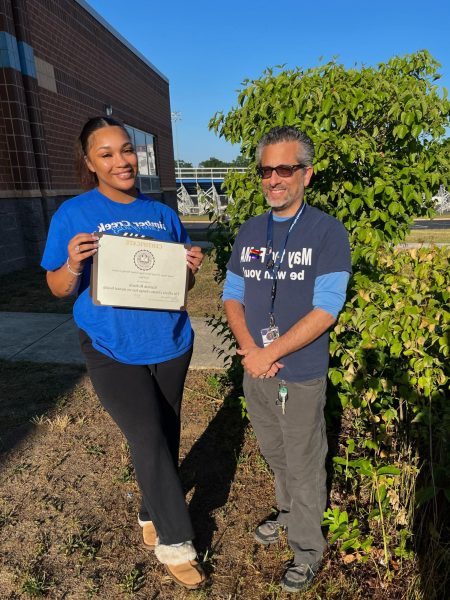
Previous studies have shown that adults are mostly affected by climate change, but it affects children as well.
A student named Mekhi David, a high school junior, said that due to climate change his “asthma has increased as well. I noticed that before global warming really affected our environment, I rarely had to use my inhaler. Now I have to use it more than usual.”
Articles like “Is the Global Rise of Asthma an Early Impact of Anthropogenic Climate Change?” have similar data and studies relating to this subject.
When asked more in depth questions about his anxiety and mental health Mekhi expressed that since the recent outbreaks he “doesn’t have interest in going out. It has caused me a lot of anxiety knowing how unpredictable the weather is, and because of that I rather just stay home which causes my social life to be in jeopardy. Which also stresses me out.” After interviewing this student it piqued interest in knowing if other students feel the same way.
In 2022, about 90% of the extra heat captured by humanity greenhouse gasses are stored in the oceans, according to an article in The Guardian.
Through various scientific techniques we can measure the increase in temperature over time. Now people know that the average temperature is 57 degrees. High temperatures can damage roadways which can complicate people’s lives on a regular basis. Blocking and disrupting the roads when people are trying to get to work can make them late and be at risk of losing their jobs, which causes more stress on people when they can’t afford to keep up with the economy.
On the other hand, another high school junior, Kelsey Hauer, does not seem bothered by what climate change does to inconvenience her life, add more stress, or cause anxiety. “Because of my personality I am very persistent so if I want to go out and the weather isn’t good I will go out anyway because I rarely go out. I just stay home so if for some reason I want to go out I will,”she said.
While one in three people are greatly affected, the other half does not notice as much or isn’t affected at all. However Kelsey stated, “My mom and sister have to leave the house almost every day, and I remember when global warming started to become a big deal, it affected her job a lot because of the weather and accidents. It’s just my mom paying the bills, so being out of a job did cause her stress.”
So although not everyone may be affected, it is likely that someone you may know is affected by climate change.
In conclusion, more than half of the country is affected by climate change in some type of way. If not you, then a loved one. If the country – or New Jersey – came together to make a change in their everyday life it could help people, mentally wise, and the environment.
While there are major gaps that remain in the community and environment that are impacted from climate change, this poll illustrates the current impact across the globe.


